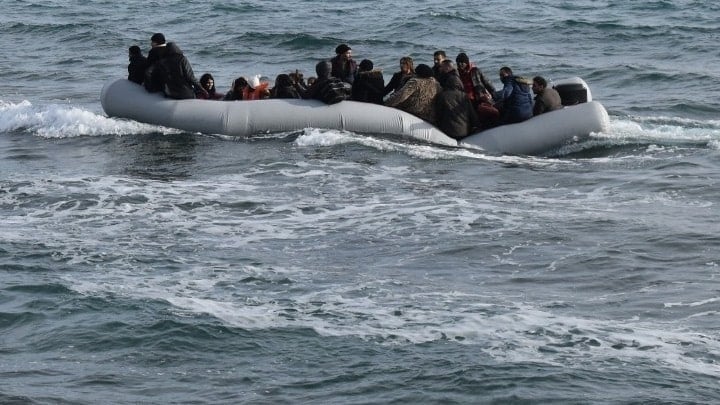

A top German court ruled this week that returning certain migrants to Greece, where they had been previously granted international protection status, does not violate their fundamental rights, paving the way for deportations from Germany to the Mediterranean country.
Germany’s Federal Administrative Court in the eastern city of Leipzig ruled that despite shortcomings to Greece’s in Greece’s migrant reception system, single, healthy and able-bodied migrants can be deported to the country.
“Single, employable, and non-vulnerable beneficiaries of international protection are currently not threatened with degrading or inhumane living conditions upon return to Greece,” the court said in a statement. “Therefore, asylum applications from this group of persons in Germany can be rejected as inadmissible.”
The ruling came after the German court rejected the appeals of two men, a 32 year-old Somali national and another 34-year-old man born in northern Gaza whose nationality remains unclear. Both men had fled their home countries in 2017 and 2018 and traveled through Turkey before reaching Greece. There, both were granted international protection status and issued temporary residence permits.
They later moved on to Germany, and filed new asylum applications which authorities deemed as inadmissible and deportation orders to Greece followed. Their legal challenges were rejected by lower courts, which found no substantial risk of inhuman or degrading treatment upon their return to Greece.
The Leipzig court emphasized that while access to state support in Greece may be delayed due to bureaucratic hurdles, returnees can generally secure basic needs through temporary shelters and income from informal employment. Emergency medical care is also available, it said.

The ruling stands in contrast to decisions by other German courts that have taken a more critical view of conditions for migrants in Greece. Due to such concerns and rulings, deportations to Greece from Germany have largely stalled in recent years.
The federal judges confirmed the assessment of the lower court. The benchmark was whether the migrants in Greece had “bed, bread and soap,” at their disposal, presiding judge Robert Keller said. He added “That’s not much -we know that. It’s a tough standard.”
Nevertheless, the court concluded that Greece does not violate the EU Charter of Fundamental Rights in its treatment of asylum seekers.
German advocacy groups like ProAsyl continue to argue that migrants in Greece face severe hardship, citing systematic barriers to accessing basic services.
The group condemned the court’s ruling as detached from reality. “We have a very different assessment of the situation,” consultant Andreas Meyerhofer said. “We know that people are at real risk of falling into destitution.”
He warned that renewed deportations could further worsen the already dire situation for migrants in Greece.
